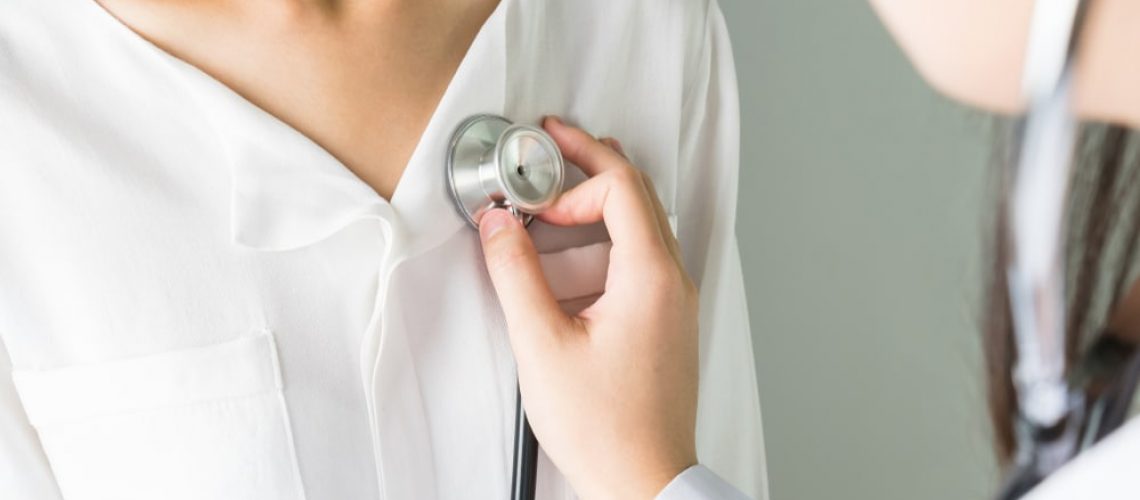You might be surprised to know that the health of your heart impacts the health of your ears. The body is a closely interconnected system so problems with your hearing could be caused by or indicators of other medical conditions. These are five common questions we get about the connection between hearing health, heart health, and other medical concerns.
1. How Are Heart and Hearing Health Related?
Good blood flow and circulation are necessary for proper ear function and hearing. Fine hairs in the cochlea or inner ear relate sounds to electrical impulses that are processed by the brain so we can hear. These hair cells need blood circulation to work and heart disease or high blood pressure can limit blood flow, preventing the hair cells from receiving enough oxygen. Over time, the hair cells become permanently damaged, and hearing is lost.
2. How Can People Take Care of Their Hearts?
Staying physically healthy, maintaining a good diet low in sugar and fat, and not smoking are all important habits that can maintain your cardiovascular health. Blood pressure, cholesterol, and hemoglobin AIC (blood sugar) are often elevated in people with diabetes. If you have diabetes or high cholesterol, it is important to take your medications as prescribed to keep all your numbers in a healthy range.
3. Is Hearing Loss an Indicator of Heart Problems?
Although hearing loss is not the only indication of heart problems, it can be. The inner ear is a sensitive area easily affected by changes in blood flow. About 40% of people with mild or moderate hypertension (high blood pressure) have some form of hearing loss. Studies have also shown that people with diabetes are twice as likely to develop hearing loss. Smoking, obesity, and people with low physical activity are also at a higher risk for hearing loss.
4. What Other Health Issues are Connected to Hearing Health?
Hearing health is also strongly connected to cognitive health. A study from Johns Hopkins shows that even minor hearing loss doubles the risk of dementia and this risk is tripled for more severe cases of hearing loss. Since fluid in the inner ear plays an important role in balance, people with hearing loss are also at significant risk of vertigo and falling.
Depression and hearing loss is another common connection. Hearing loss makes it difficult to engage in conversations and group interactions so people tend to withdraw from social settings. This feeling of isolation and loneliness can increase feelings of depression for people with hearing loss.
5. What Should You Do if You Suspect Hearing Loss?
Even if changes to your hearing are subtle, you should schedule a hearing test immediately to ensure the health of your hearing. An audiologist like Dr. Rhee Nesson, Au.D., CCC-A, can determine the severity of your hearing loss and the right treatment plan depending on the possible hearing loss causes. Although hearing loss cannot be cured or reversed, early diagnosis and treatment can prevent total hearing loss and give you much better treatment outcomes.
Schedule a Hearing Test in Livingston, NJ
Even if changes to your hearing are subtle, you should schedule a hearing test immediately to ensure the health of your hearing. One of our Doctors of Audiology will determine the stage of your hearing loss and customize a treatment program for you. Although there is no cure for hearing loss, catching it early and treating it early will give you the best outcome possible.

